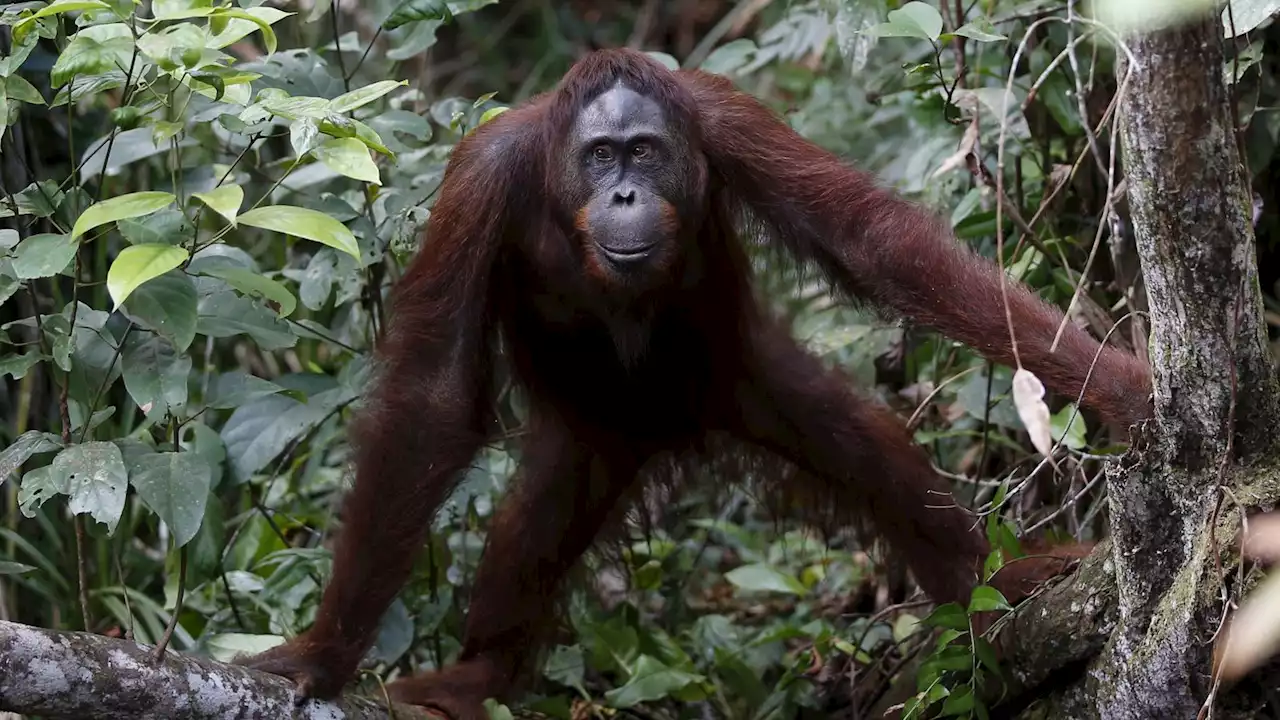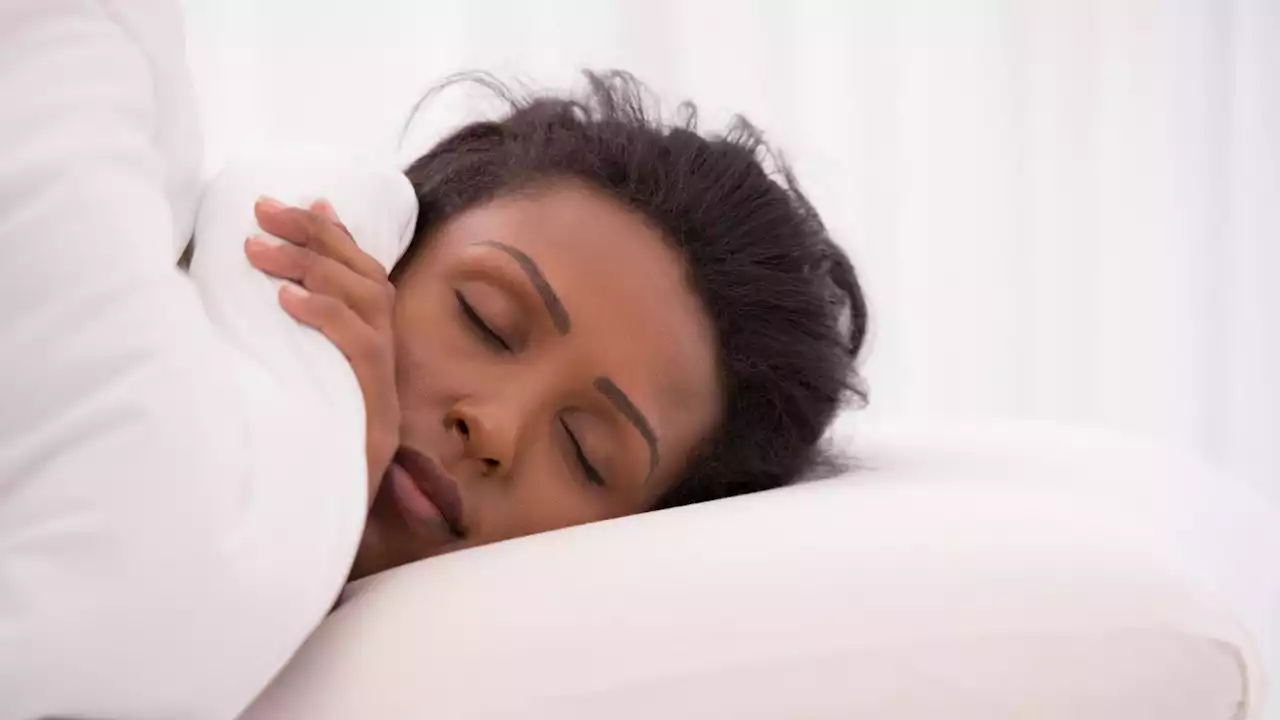The researchers estimated the effects of insufficient sleep would be would be equivalent to two months of waning COVID-19 antibodies after vaccination
Sleeping less than six hours in the days around a vaccination could reduce the body's immune response, leaving you more vulnerable to infection, a new study has found.
The researchers estimated the effects of insufficient sleep would be would be equivalent to two months of waningSenior study author Eve Van Cauter, a professor emeritus at the University of Chicago, said getting adequate sleep"may not only strengthen, but also extend, the vaccine response". "Having an easily modifiable behaviour that you can adjust around the time of your appointment gives you something you can control that is likely to improve your body's response.
"This is something people should consider planning around, to ensure that they are getting enough sleep in the week before and after their vaccines.""The link between sleep and vaccine effectiveness could be a major concern for people with irregular work schedules, especially for shift workers who typically have reduced sleep duration," she said.
United States Latest News, United States Headlines
Similar News:You can also read news stories similar to this one that we have collected from other news sources.
 SARS-CoV-2 replication persists for weeks in lungs after symptom onset in severe COVID-19SARS-CoV-2 replication persists for weeks in lungs after symptom onset in severe COVID-19 medrxivpreprint UCT_news LSHTM WitsUniversity lung COVID19 coronavirus covid SARSCoV2 symptom symptoms
SARS-CoV-2 replication persists for weeks in lungs after symptom onset in severe COVID-19SARS-CoV-2 replication persists for weeks in lungs after symptom onset in severe COVID-19 medrxivpreprint UCT_news LSHTM WitsUniversity lung COVID19 coronavirus covid SARSCoV2 symptom symptoms
Read more »
 Study suggests mRNA vaccines decouple SARS-CoV-2 immunity from autoantibody responses observed during acute COVID-19Study suggests mRNA vaccines decouple SARS-CoV-2 immunity from autoantibody responses observed during acute COVID-19 NatureComms YaleMed Yale mRNA vaccine vaccines vaccination immunity COVID19 coronavirus covid autoantibody antibody
Study suggests mRNA vaccines decouple SARS-CoV-2 immunity from autoantibody responses observed during acute COVID-19Study suggests mRNA vaccines decouple SARS-CoV-2 immunity from autoantibody responses observed during acute COVID-19 NatureComms YaleMed Yale mRNA vaccine vaccines vaccination immunity COVID19 coronavirus covid autoantibody antibody
Read more »
 Urgent warning to parents about death risk of co-sleeping with babiesNEW parents should be advised how to sleep safely with tots to cut sudden infant death syndrome cases, say experts. Only four in ten who did so had been tutored on how to reduce cot death risk, a p…
Urgent warning to parents about death risk of co-sleeping with babiesNEW parents should be advised how to sleep safely with tots to cut sudden infant death syndrome cases, say experts. Only four in ten who did so had been tutored on how to reduce cot death risk, a p…
Read more »
 Researchers identify novel genes that may increase risk for schizophreniaResearchers have identified two previously unknown genes linked to schizophrenia and newly implicated a third gene as carrying risk for both schizophrenia and autism. Led by the Icahn School of Medicine at Mount Sinai, the multi-center study further demonstrated that the schizophrenia risk conferred by these rare damaging variants is conserved across ethnicities. The study may also point to new therapeutics.
Researchers identify novel genes that may increase risk for schizophreniaResearchers have identified two previously unknown genes linked to schizophrenia and newly implicated a third gene as carrying risk for both schizophrenia and autism. Led by the Icahn School of Medicine at Mount Sinai, the multi-center study further demonstrated that the schizophrenia risk conferred by these rare damaging variants is conserved across ethnicities. The study may also point to new therapeutics.
Read more »
 Dizzy apes provide clues about human desire for mind-altering experiences, researchers suggestThe study compared spinning speeds and found the animals can spin while holding a rope as fast as professional human dancers and circus artists - as well as Dervish Muslims who take part in whirling ceremonies in order to achieve a spiritual trance.
Dizzy apes provide clues about human desire for mind-altering experiences, researchers suggestThe study compared spinning speeds and found the animals can spin while holding a rope as fast as professional human dancers and circus artists - as well as Dervish Muslims who take part in whirling ceremonies in order to achieve a spiritual trance.
Read more »
 What are the pitfalls of flow chemistry according to academics and industry professionals?Researchers have shared their 'pain points' of working in flow chemistry.
What are the pitfalls of flow chemistry according to academics and industry professionals?Researchers have shared their 'pain points' of working in flow chemistry.
Read more »
